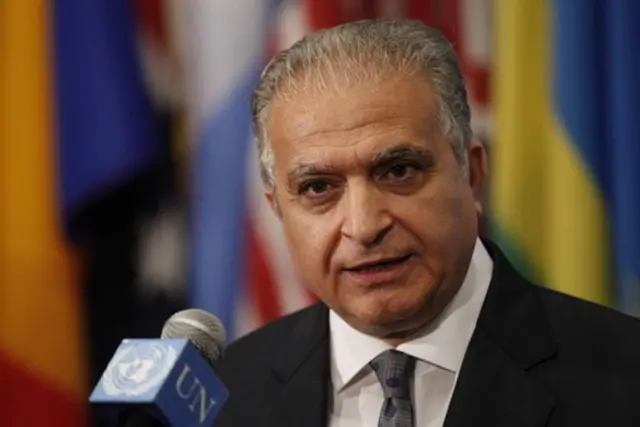By APD Writer Yang Siyao, Wu Jian
On May 10, U.S. President Donald Trump met with Russian Foreign Minister Sergei Lavrov at the White House. Sergei Lavrov is the highest-ranking Russian official to visit Washington since Trump came to power in January. And it is the first time that Russian Foreign Minister visits White House in four years. Russian public opinion regards this visit as a "strategic event."
Trump has outlined his foreign policy since he came to power, but left relations with Russia in suspense. Trump repeatedly praised Putin and expressed hopes of repairing relations with Moscow previously. However, the relations between the two countries may be at an all-time low after the scandal of Trump’s campaign possible ties to Russia and American missile strikes on a Syria airbase.
Trump had a closed-door meeting with Lavrov for 40 minutes that day, and both countries emphasized their desires to build a better relationship. However, some analysts believe that as “Rome is not built in a day”, and it is still too early to tell the improvement of relations between U.S. and Russia.
Before Lavrov’s visit, Trump fired his FBI director James Comey, which caused an uproar in the United States. Although White House held that Comey's improper handling of Hillary Clinton's email controversy was the reason for his dismissal, some congressmen deemed that the dismissal is to obstruct the investigation of Trump's campaign possible ties to Moscow.
The two main issues discussed during Lavrov’s visit were the crises in Syria and Ukraine, which is the crux of the deterioration of US-Russia ties. It is difficult to find the balance among the interests of all parties in Syria. Moreover, the crisis in Ukraine has a certain connection with Syria’s crisis. The prerequisite to deal with the crisis in Ukraine is to make a breakthrough on the Syria issue.
The mutual hostility and distrust that come from Cold War now dominates the US-Russia relations again. The “New Cold War” factor which restricts US-Russia relations will not eliminate in the short term, but it doesn’t affect the exchanges and cooperation between two countries, as US and Russia have accustomed to and adapted to this model of “competition and cooperation”.
(ASIA PACIFIC DAILY)
 简体中文
简体中文

